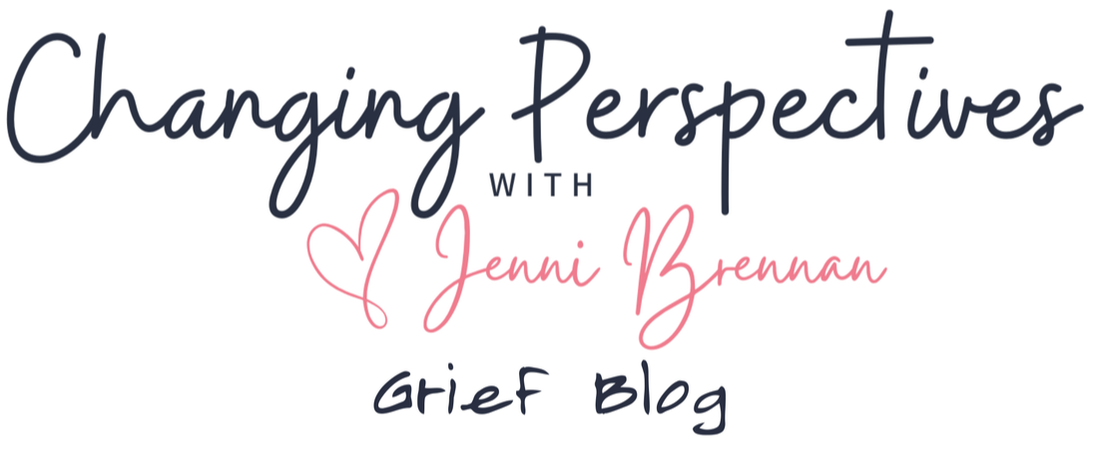|
If you have ever known someone with a terminal illness, you probably are at least somewhat familiar with the "H" word. You know the word. It's the one that makes many people cringe when they hear it. It's the word that can stop a cocktail party conversation in its tracks. It's the word that most people facing an illness with a loved one hope no one ever utters around them. It's the word that for many people is synonymous with giving up, giving in and asking to die. For many, it's a word that is probably uttered less than a curse word.
Hospice. Even the act of reading the word stirs up deep dark painful feelings. I can hear many of you now. "Once THEY got involved, mom died right away." "THEY only want to kill their patients." "THEY make you give up all hope." "We don't need THEM." Many of you have already gone ahead and closed down this article. Often, people want to avoid talking about the H word at all costs - even if it means losing out on an opportunity to improve someone's quality of life when quality perhaps matters the most. But, like any good Social Worker, I'm here to gently encourage you to look at the hard stuff; explore your feelings a bit more in detail, offer some education and perhaps even aid you in adopting a new perspective. What if we could change our collective view of Hospice? What if we could truly find a way to help people at the end of their life? Don't get me wrong. I completely understand the feelings and the sentiments about Hospice. But, the vast majority of the information I hear from the general public about Hospice is wrong. In my professional and personal opinion and experience, Hospice and Early Intervention (or Part C Services under IDEA Law) Services are two of the most misunderstood and under utilized resources available to Americans. For many people, it seems Hospice is only considered in the last few days of life but that's a bit like only being open to enjoying summer during Labor Day weekend and forgetting about May, June, July, August and the start of September. When selected with open-mindedness and proper timing, Hospice can be a gift and an opportunity. Hospice Improves Quality of Life and Provides Extra Support Think about what many people facing terminal illness experience as they approach the end of their life: pain, hospitalizations, financial burdens, loss of power and independence, isolation, fear. Hospice can help with all of that! Nurses and doctors who specialize in effective pain management are available for consultation with one of their primary objectives being patient comfort. Conditions, treatments and problems that usually require hospitalization can often be successfully and comfortably managed in a patient's home. No more ambulance rides, waiting in emergency rooms or having to share hospital rooms with strangers. If the patient would like, they can have multiple hospice visits per week from people such as nurses, home health aides, homemaking professionals, social workers, chaplains, volunteers and alternative therapists specializing in treatments like music, massage and reiki. Family members can take a break and be more than caregivers. They can be family again - just there to visit. Hospice can even arrange for 5 days of complete respite care for patients and families. Patients can have someone to talk to without feeling like they are burdening their family. With Hospice, patients' experiences at the end of their life can be quite different. Imagine what it could look like: comfortable, at home, less financial stress, ability to make decisions, companionship, space to safely process feelings. Hospice Just Might Make You Live Longer What? You are eligible for hospice when two or more doctors believe that it is likely that with typical progression of your disease, you could die within 6 months. Yet, research has shown that sometimes signing on to hospice not only improves your quality of life but also lengthens how long you live. (Click here for additional information on this research.) No, Hospice doesn't have a secret, magical cure. Rather, I suspect that the improvement in quality of life and the additional supports allow patients to relax and release some of their stress. This change in quality and focus then translates into more time. Not just more time though - better time! Hospice May Allow Greater Control Some of my most amazing professional memories have come from my work in Hospice. With Hospice, patients are given space to dream and imagine ways to take control of their final months of life and truly make some life changing decisions. I have witnessed a young father purchase beautiful earrings with the support of Hospice to be given to his teenage daughters on their future wedding days, long after he would be gone from this Earth. I have witnessed a grandfather say that his dying wish was to make it to his granddaughter's wedding. With support from his Hospice aide and generous donations secured from the community by Hospice workers, he was able to attend the entirety of his granddaughter's wedding despite being bed-bound, on a morphine pain pump and on continuous oxygen. And I have witnessed a very young mother pen a number of letters and cards for her then 5 year old daughter to have for future birthdays and special events. Hospice gave these patients the permission, encouragement and tools to leave some pretty amazing legacies. They were able to die without any unfinished business left behind. Hospice Offers Choices There are some pretty amazing Hospice agencies out there today. There are small boutique agencies with only very small caseloads. There are mammoth agencies that serve thousands of patients. There are agencies that only provide hospice services at home and agencies that only provide service in nursing homes. Patients have choices! Patients and families can choose the hospice agency that best meets their needs. Hospice Does Not Require Giving Up Hope Many people believe that you cannot sign onto Hospice until you are unable to work, unable to leave your home, unable to drive and have agreed to sign a DNR or MOLST form. Guess what, it's simply not true. Contrary to what some people believe, there is no need to sign a Do Not Resuscitate or Medical Order for Life Sustaining Treatment. Patients can change their minds and discharge themselves from hospice services. They can change their minds again the next day and reinstate Hospice. Patients can still be working full time. Patients can drive and travel long distances. I once helped a patient travel from Boston to Hawaii to see her family and arranged for Hospice care from a Hawaii-based Hospice agency while she was away! Some Hospice agencies even have open door policies that will continue to pay for treatments like chemotherapy and radiation while a patient receives Hospice services.Patients can still fully live their lives while also accessing services and supports through Hospice. Patients can still have hope! Hospice Provides Bereavement Support for Families AFTER Loss Perhaps one of the biggest secrets in Hospice is the existence of bereavement support. All Hospice agencies are required to provide bereavement support to the families of their patients for at least 13 months following the patient's death. Many hospices facilitate grief groups, provide individual grief therapy, host annual memorial services and provide monthly support newsletters. The bigger secret? You can access most of these bereavement supports even if your loved one did not access hospice. I know that not every Hospice agency is perfect. I know that not every Hospice worker is in the field for the right reasons. I know that some people have had truly awful experiences with Hospice. None of those, however, are the norm. Hospice does not have to be the "H" word. Doctors and well -meaning friends don't have to tiptoe around Hospice discussions with patients. Hospice can be a light in the storm, a ray of hope, a lifeline. It can be good. If you are interested in learning more about Hospice agencies in your area, either for a patient or as a potential volunteer, please visit the National Hospice and Palliative Care Organization website at http://www.nhpco.org/find-hospice "You matter because you are you, and you matter to the end of your life. We will do all we can not only to help you die peacefully, but also to live until you die." - Dame Cicely Saunders, nurse, physician and writer, and founder of the hospice movement
2 Comments
Jenni
8/17/2022 12:43:41 pm
Thank you so much for reading!
Reply
Leave a Reply. |
GriefGrief is everywhere for all of us - yet our society does a poor job allowing people to grieve. It is ok to grieve and it is normal to struggle with how to continue living your life while dealing with grief. Archives
June 2023
Categories
All
|
Sign Up For the Changing Perspectives Newsletter
Changing Perspectives with Jenni Brennan is supported by its audience.
When you purchase through links on this site, an affiliate commission may be earned. Learn More.
When you purchase through links on this site, an affiliate commission may be earned. Learn More.
Changing Perspectives Copyright © 2023



 RSS Feed
RSS Feed
